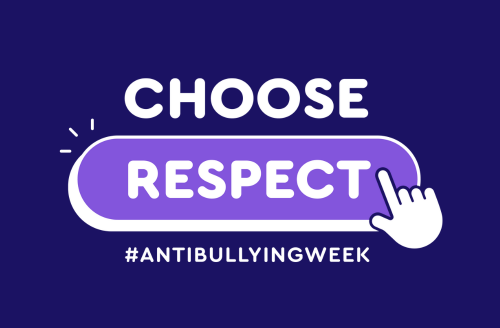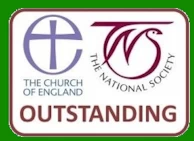Children and young people have a fundamental right to be protected from harm. Families have a right to expect schools to provide a safe and secure environment. Safeguarding is the responsibility of all adults and especially those working or volunteering with children.
As a church school we recognise that every child is loved and valued by God and our actions as a school should reflect this. Our school aims to help protect the children in its care by working consistently and appropriately with all agencies to reduce risk and promote the welfare of children.
Child protection means the protection of children from:
– Exploitation
– Physical, sexual or emotional abuse, and
– Neglect
Safeguarding children is defined in Working together to safeguard children as:
Our school has a senior member of staff who is responsible for child protection matters affecting pupils at the school the (‘Designated Safeguarding Lead or DSL’). We also have a Child Protection Policy which explains how our school deals with child protection concerns, including allegations about the behaviour of members of staff. A copy of this can be viewed on our Policy page.
Online Safety
Online Safety is an integral part of children’s education in today’s digital world and is embedded in their learning at school. We also want to help our parents and children improve their own understanding of e-safety issues so they can learn to use the internet and all digital media in a safe and secure way.
It’s important to remember that the legal age to have an account on most social media – Instagram, Facebook, Youtube, Snapchat – is 13 years old.
At Home
As a parent, you’ll know how important the internet is to children – they use it to learn, play, socialise and express themselves. It’s a highly creative place of amazing opportunities. But the technology children use every day can seem a bit daunting and you might worry about the risks your child can face online – such as bullying, contact from strangers or the possibility of them seeing illegal or inappropriate content.
It is important to engage with your children regarding their use of the internet while at home. Here are some conversation starter ideas from www.childnet.com
https://www.gov.uk/government/publications/child-safety-online-a-practical-guide-for-parents-and-carers
Anti-bullying week was from 11th-15th November 2024. This year the theme was ‘Choose Respect’
School Council led an assembly on the theme. All classes had a focus on what bullying is and who they can talk to if they are worried about it .

| Cookie | Duration | Description |
|---|---|---|
| cookielawinfo-checkbox-analytics | 11 months | This cookie is set by GDPR Cookie Consent plugin. The cookie is used to store the user consent for the cookies in the category "Analytics". |
| cookielawinfo-checkbox-functional | 11 months | The cookie is set by GDPR cookie consent to record the user consent for the cookies in the category "Functional". |
| cookielawinfo-checkbox-necessary | 11 months | This cookie is set by GDPR Cookie Consent plugin. The cookies is used to store the user consent for the cookies in the category "Necessary". |
| cookielawinfo-checkbox-others | 11 months | This cookie is set by GDPR Cookie Consent plugin. The cookie is used to store the user consent for the cookies in the category "Other. |
| cookielawinfo-checkbox-performance | 11 months | This cookie is set by GDPR Cookie Consent plugin. The cookie is used to store the user consent for the cookies in the category "Performance". |
| viewed_cookie_policy | 11 months | The cookie is set by the GDPR Cookie Consent plugin and is used to store whether or not user has consented to the use of cookies. It does not store any personal data. |
Woodford Valley C.E. Primary Academy
Middle Woodford, Salisbury
SP4 6NR
Telephone: 01722 782361
Email: office@woodfordvalley.wilts.sch.uk



